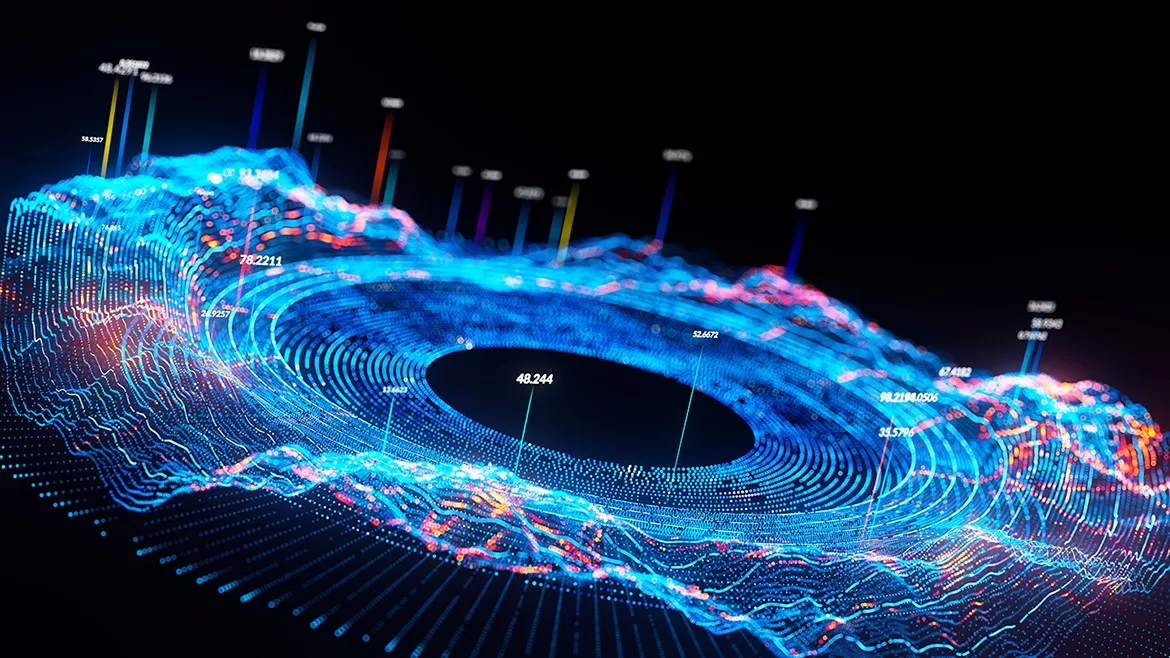Survey shows consumers want to know when AI’s used on products
Ingredient Communications finds 83% of respondents want AI use declared on label when used

Image courtesy of shulz via Getty Images
Whether it’s a business meeting or a casual conversation with friends, many people weren’t able to avoid discussing artificial intelligence (AI) and its potential impacts this past year.
On its website, IBM identifies AI as “technology that enables computers and machines to simulate human learning, comprehension, problem solving, decision making, creativity and autonomy.” Updated Aug. 16, 2024, by contributors Cole Stryker and Eda Kavlakoglu, the technology company helps explain the differences between machine learning, deep learning and generative AI as well as ethics, use cases and much more for the applied science.
But for those in the food and beverage manufacturing business, AI can be found in different arenas. Warehouses have seen more machine learning AI, while predictive analysis can aid new product development. Yet, the use of AI extends beyond benefits to business operations, impacting how consumers will embrace these aspects.
Recently, Ingredient Communications commissioned a survey, which was conducted by SurveyGoo. Conducted in October 2024, the online survey consisted of 1,040 consumers in United Kingdom and United States.
The survey found that 83% of respondents believe that companies should declare on a product’s label whether it was designed or manufactured with the help of AI technology. Additionally, 55% strongly agreed with this assertion and only 4% disagreed with it altogether.
Yet, respondents were more evenly divided on the positive impact AI could have, with 52% believing that AI technology is a positive development that will benefit humanity, with 21% disagreeing. The disconnect emerged when it came to the use of AI specifically to design and produce food and beverage products. With this point, 42% said they felt positively about this, with 27% indicating they felt negatively.
“Many food and beverage companies have rushed to embrace the benefits of AI technology but it’s important they take care to consider how consumers feel about this,” said Richard Clarke, managing director of Ingredient Communications, in a statement. “We’ve seen a huge backlash against AI in the arts and entertainment business. To avoid the same fate, food and beverage manufacturers should pause to reflect on whether they are being sufficiently transparent about their use of AI.
“As we saw 30 years ago with the furor over the safety of genetically modified crops, it’s easy for misinformation to spread and stir up fear,” he continued. “Food and beverage companies would be wise to implement a communications strategy to ensure the public is kept informed about the ways in which they harness the power of AI tech.”
Although manufacturers still are exploring how they implement AI into their models, research shows they will benefit by communicating that adoption.
Looking for a reprint of this article?
From high-res PDFs to custom plaques, order your copy today!







